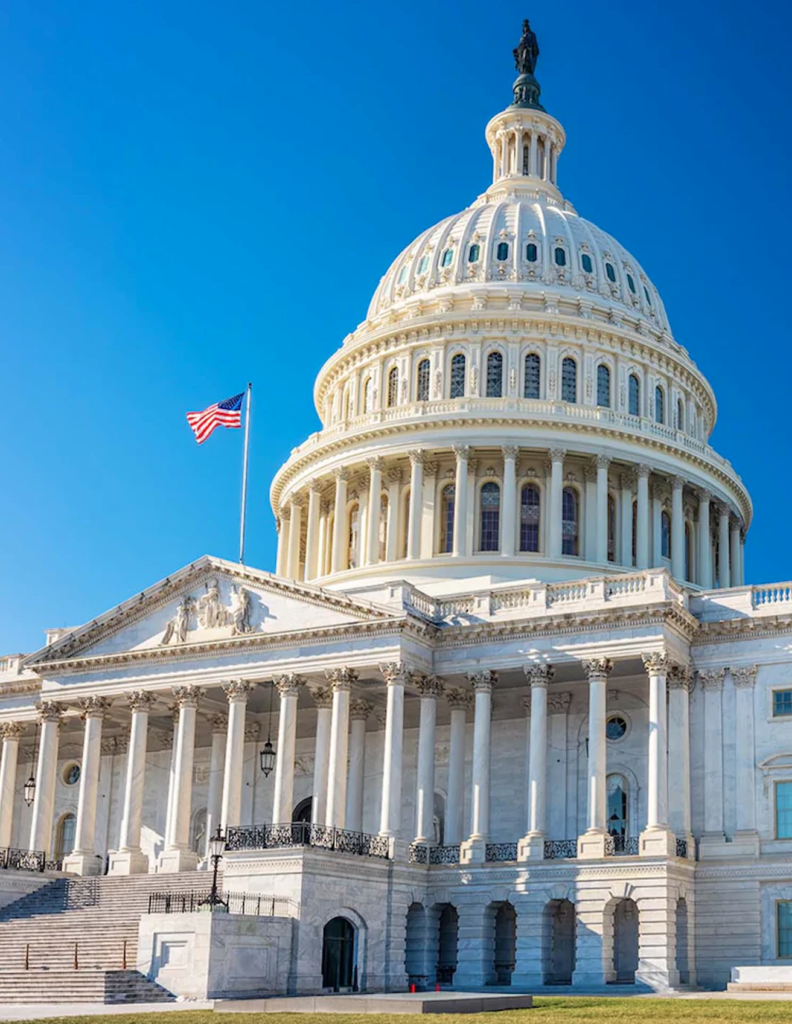What’s Happening in Colorado

- Big changes ahead! As of July 1, the Colorado Behavioral Health Safety Net goes live. All provider rules that were passed last fall will now be enforced including various patient rights. Additionally, new covered substance use disorder and mental health diagnoses will be added to the capitated behavioral health benefit, substance use disorder partial hospitalization will be covered, and SB23-174, which Mental Health Colorado championed, will be in effect to allow children and youth to access certain services without needing a diagnosis.
- The Behavioral Health Administration announced a new Care Coordination Program for People on Involuntary Civil Certifications, which will begin operation on July 1. The two programs include:
- Care Coordination for Incompetent to proceed People on Involuntary Civil Certifications: Pursuant to HB23-1138 and CRS 27-65-108.5, for more details, please read this official memo or visit our web page to learn more about this program.
- Care Coordination for People with Terminating, Expiring, or Transferring Involuntary Civil Certifications: Pursuant to HB22-1256, CRS 27-65-110(6), and CRS 27-65-108, for more detail, please read this official memo or visit our web page to learn more about this program.
- Results from the Healthy Kids Colorado Survey revealed some promising improvements to youth mental health. The data showed a 14% drop in the number of high schoolers feeling persistently sad or hopeless and that thoughts of suicide among youth decreased by 6 points. However, the data shows that LGBTQ+ youth are struggling much more with their mental health compared to their peers. Transgender youth seriously considered suicide at a higher rate than cisgender peers (45% to 10%). Lastly for the first time, this survey included questions about eating disorders and body image, which uncovered new gaps among our youth. Look into the data here.
A View from Washington, D.C.

- The U.S. Surgeon General Vivek Murthy called for social media platforms to include health warning warnings for younger users. In an op-ed, the Surgeon General pointed to social media as a major contributor to the mental health crisis young people are experiencing, urging Congress to act to require a label. Read more here.
- A new federal study showed that very few Medicare enrollees who survive drug overdoses receive appropriate treatment afterward. The study found that just 4.1% of those who experienced a nonfatal overdose received treatment like methadone and buprenorphine. Read more here.
- The U.S. Preventive Services Task Force updated their recommendations for doctors screening children for obesity. The task force recommends intensive behavioral interventions for kids 6 and older. This new recommendation replaces the 2017 guidance that recommended primary care providers to simply screen kids. Notably, the recommendation does not include prescribing drugs such as Ozempic or other FLP-1 drugs. Read the full statement here.
- The U.S. Department of Health and Human Services (HHS) announced the release of a national strategy today, with recommendations developed by the Task Force on Maternal Mental Health to address unmet maternal mental health and substance use needs. The United States has the highest maternal mortality rate among high-income countries. To address this issue, the Administration released a Report to Congress and National Strategy to Improve Maternal Mental Health Care. Read more here.



